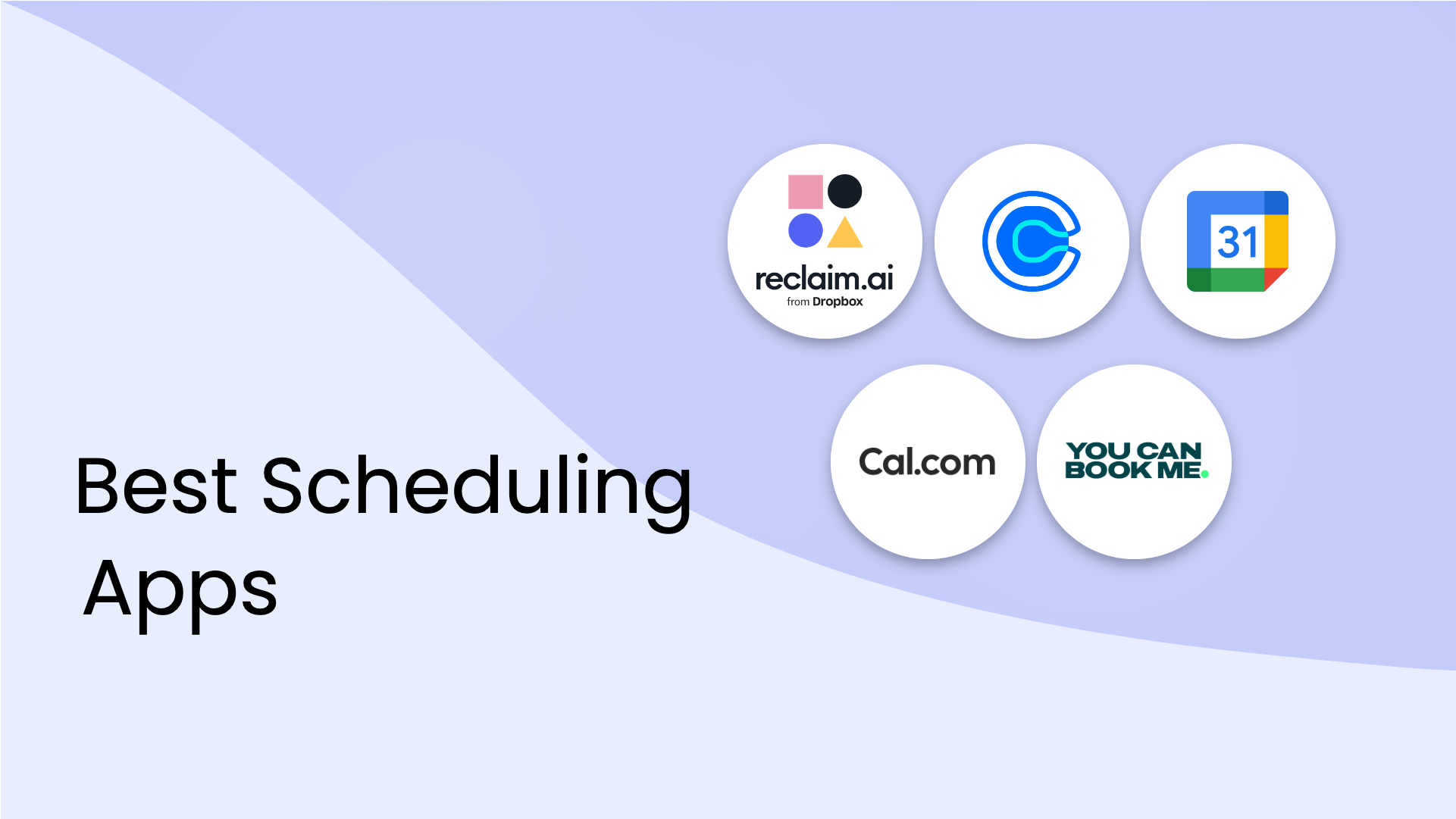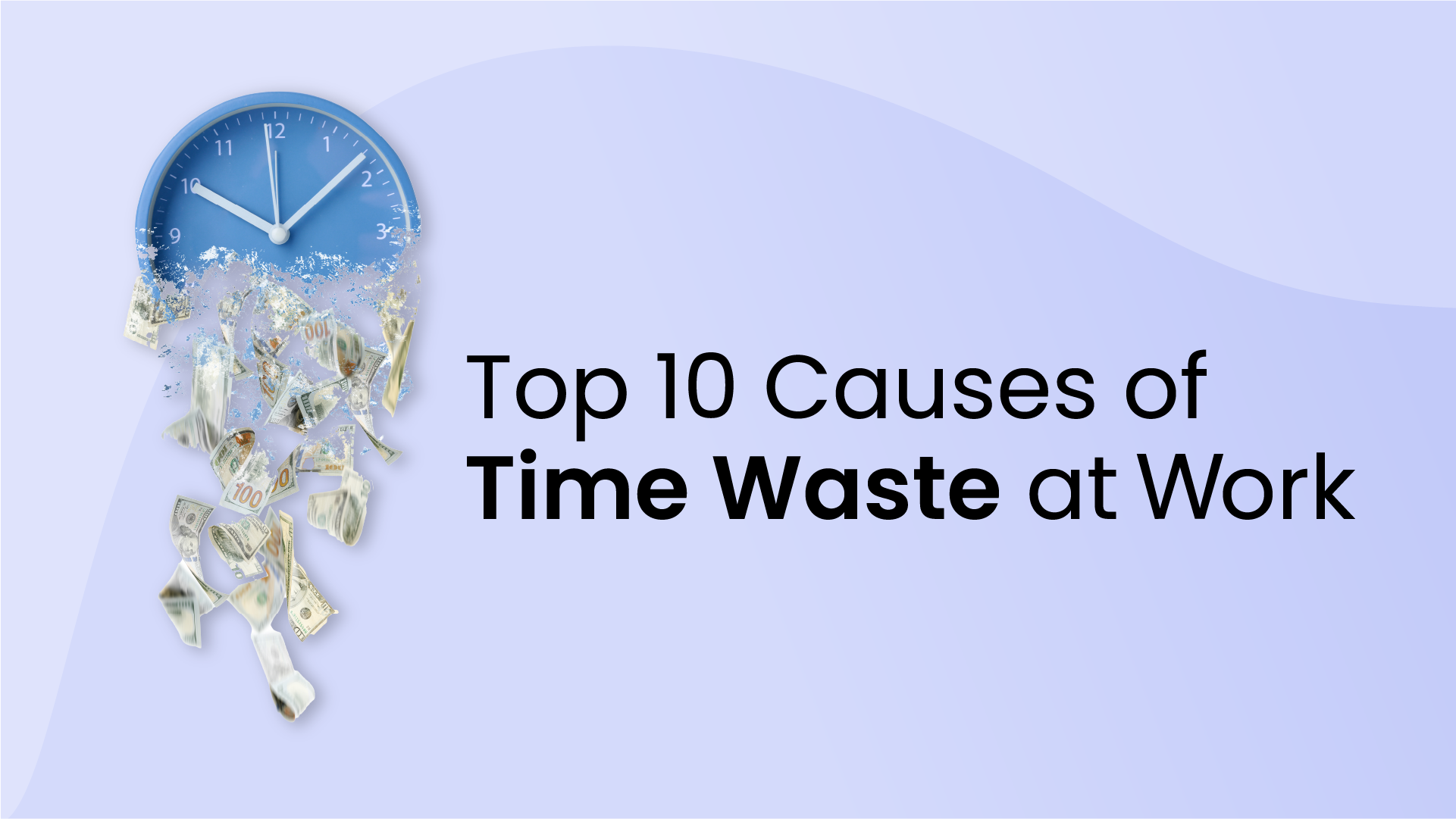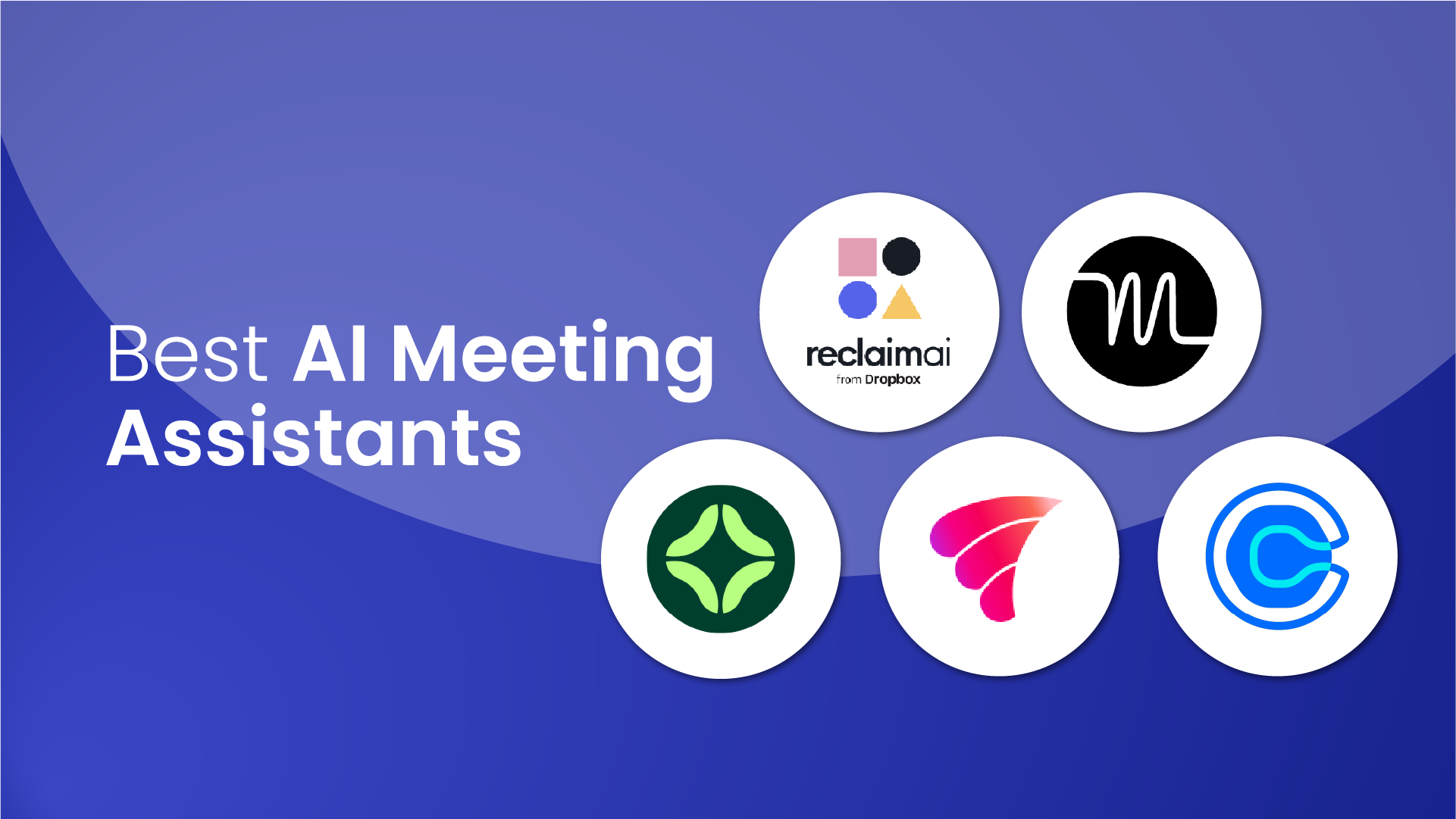Work has changed. It’s faster, more collaborative, and a lot more human than it used to be. Success isn’t just determined by how deep your technical expertise runs. It’s also heavily influenced by how well you communicate under pressure, respond to feedback, and adapt when the plan falls apart. In fact, 85% of job success comes from having strong soft skills, with only 15% attributed to technical skills.
Soft skills aren’t flashy, and you won’t find them listed in a certification. But they show up in the moments that matter: during tense meetings, tough feedback, tricky collaborations, or just managing your time without losing your mind. Research indicates that jobs requiring in-demand soft skills are expected to grow at 2.5 times the rate of other jobs, highlighting their increasing importance in the modern workforce.
Coming up, you'll find the top 100 soft skills examples that actually show up in real work and real life. They're not just for managers or extroverts – they're for anyone trying to lead more effectively, communicate more clearly, or just handle the messy parts of work a little better.
What are soft skills?
Soft skills are the personality traits, personal attributes, social habits, and emotional competencies that shape how you work, communicate, and interact with others. Unlike hard skills (such as coding, accounting, or operating machinery – which are technical and job-specific), soft skills are universal. They influence how you collaborate, lead, manage conflict, handle stress, adapt to change, and grow both professionally and personally – ultimately shaping a person’s ability to thrive in a wide range of environments.
Employers value soft skills because they impact how well you collaborate and grow within a team or organization. In fact, many job postings now explicitly mention soft skills in the job description. Hiring managers often look for a desired soft skill that fits the team dynamic or fills a specific gap – something that’s just as critical as technical experience.
Also known as interpersonal skills, people skills, or emotional intelligence, soft skills are often intangible but immensely impactful. They allow you to listen with empathy, think critically, resolve disagreements peacefully, and build trust in a team. In other words, soft skills determine how effectively you can apply your hard skills in the real world.
Soft skills vs. hard skills
Let’s draw a simple line in the sand between hard and soft skills – they may work together, but they represent very different strengths:
- Hard skills are things like data analysis, writing SQL queries, editing video, or managing budgets. They’re the things you learn from tutorials, textbooks, and certifications – skills you can pass a test for.
- Soft skills are things like knowing how to listen without interrupting, how to accept feedback without spiraling, and how to keep your cool when deadlines go sideways. You pick these up through life – sometimes the hard way.
Although people often only highlight soft skills in resumes, interviews, and day-to-day work, they don’t just stay in the office. They shape how we parent, build friendships, and establish trust in any relationship. Knowing how to listen, stay patient, or resolve tension isn’t just “work stuff” – it’s life stuff. And the better we get at those things, the more effective, grounded, and human we become.
Top 100 soft skill examples
Soft skills aren’t just “nice to have” – they shape how we lead, collaborate, and communicate every day. These 100 examples of soft skills show up in all kinds of moments: tough meetings, everyday conversations, team wins, and even the quiet check-ins with ourselves.
Self-awareness & emotional intelligence soft skills
- Self-awareness – Noticing your own thoughts, feelings, and behaviors – and how they affect the people around you.
- Self-regulation – The ability to remain calm and manage emotional reactions in healthy, intentional ways instead of reacting on impulse.
- Emotional intelligence – Understanding your own emotions while tuning into and responding thoughtfully to others’.
- Self-compassion – Offering yourself the same patience and care you’d extend to someone else in a tough moment.
- Confidence without arrogance – Trusting your abilities without putting others down or needing the spotlight.
- Humility – Owning what you don’t know and staying open to feedback and growth.
- Growth mindset – Trusting that your abilities and intelligence aren’t fixed, but can be strengthened over time through curiosity, persistence, and continuous learning.
- Resilience – Recovering from setbacks with perspective, strength, and a willingness to keep going.
- Stress management – Staying grounded and steady when the pressure’s high, without burning out or shutting down.
- Emotional expression – Sharing how you feel in ways that are honest, respectful, and clear.
Communication skills
- Practice active listening – Giving someone your full attention – hearing not just their words, but what’s behind them.
- Empathy in communication – Recognizing and reflecting others’ emotions so they feel understood, not just heard.
- Clarity of speech – Speaking in a way that’s direct, easy to follow, and leaves little room for confusion.
- Non-verbal communication – Using body language, tone, eye contact, and facial expressions to reinforce (or sometimes contradict) what you're saying.
- Persuasive communication – Making a point that sticks – balancing logic, credibility, and emotional tone to influence without overpowering.
- Giving constructive feedback – Offering observations and suggestions in a way that's honest, specific, and useful – not harsh or vague.
- Receiving feedback gracefully – Listening without defensiveness, staying open to input, and applying what’s helpful.
- Asking thoughtful questions – Framing questions that show curiosity, deepen the conversation and move things forward.
- Conflict resolution – Navigating disagreements with calm and clarity to reach outcomes that everyone can live with.
- Public speaking – Communicating clearly and confidently to a group – whether in a meeting room or on a stage – with purpose and presence.
Interpersonal skills
- Respectfulness – Acknowledging others’ boundaries, perspectives, and differences—even when you disagree.
- Courtesy – Showing everyday politeness and consideration, whether you’re in a boardroom or a Slack thread.
- Tact & diplomacy – Handling delicate conversations with care, timing, and just the right words.
- Cultural sensitivity – Recognizing that people come from different backgrounds – and adjusting your approach with thoughtfulness, not assumptions.
- Open-mindedness – Giving unfamiliar ideas a fair shot instead of dismissing them at first glance.
- Kindness – Choosing to treat others with warmth, care, and generosity – especially when it’s inconvenient.
- Patience – Staying composed when things take longer than expected, or when people need more time than you do.
- Trust-building – The ability to maintain positive relationships and earn people’s confidence over time through honesty, follow-through, and consistency.
- Encouragement of others – Lifting people up with words, actions, and support – especially when they need a push.
- Sense of humor – Using humor wisely to bring levity, defuse tension, or simply connect with others.
Collaboration & teamwork skills
- Cooperation – Pitching in, playing your part, and working with others – not against them – to get things done.
- Accountability to the group – Owning your role and following through, knowing the team depends on it.
- Negotiation – Finding common ground through respectful dialogue, not just pushing for your own way.
- Delegation – Assigning the right tasks to the right people – based on what they’re good at, not just what’s available.
- Inclusiveness – Making sure everyone’s voice is heard, not just the loudest in the room.
- Adaptability in roles – Stepping up or stepping back when the team needs it, without ego.
- Celebrating team wins – Sharing credit freely and acknowledging the group effort behind success.
- Supporting others’ growth – Helping teammates stretch their skills, take on new challenges, and build confidence.
- Compromise – Meeting in the middle when it counts – without losing sight of what matters most.
- Shared responsibility – Recognizing that wins and losses belong to the whole team, not just individuals.
Ethics & integrity soft skills
- Honesty – Telling the truth, even when it’s uncomfortable – and being clear about your intentions.
- Integrity – Staying aligned with your values, not just when it’s easy, but when it’s tested.
- Loyalty (within reason) – Supporting people and principles thoughtfully – without turning a blind eye to what’s wrong.
- Fairness – Making decisions without bias, favoritism, or personal gain clouding the outcome.
- Discretion – Knowing when to keep information private – and when withholding it causes more harm than good.
- Responsibility – Taking ownership of what you do, what you miss, and what happens as a result.
- Following through on commitments – Doing what you said you’d do – consistently and without excuse.
- Ethical decision-making – Choosing what’s right over what’s easy, even when no one’s watching.
- Courage to speak up – Raising concerns or telling the truth, especially when staying quiet would be safer.
- Standing up for others – Using your voice or position to support those who can’t advocate for themselves.
Personal development & motivation soft skills
- Curiosity – Asking questions, exploring ideas, and staying genuinely interested in how things work – even when there’s no obvious payoff.
- Willingness to learn – Staying open to feedback, new tools, or fresh perspectives – even when they challenge your current approach.
- Self-discipline – Sticking with what matters over what’s easy, especially when distractions are tempting.
- Goal-setting – Defining clear, meaningful targets that give your work direction and momentum.
- Prioritization – Figuring out what actually matters – and knowing when to let go of what doesn’t.
- Time management – Making smart use of your time so you can meet deadlines without burning out.
- Initiative – Taking action on your own, not just waiting for instructions or permission.
- Positive attitude – Choosing to see challenges as workable, people as capable, and your own effort as worthwhile.
- Gratitude – Noticing what’s good – and making a habit of saying so, even in small moments.
- Self-reflection – Looking honestly at your patterns, wins, and missteps to keep learning as you go.
Creativity & problem solving skills
- Creativity – Thinking beyond the obvious to come up with ideas that are fresh, useful, and sometimes a little unexpected.
- Innovation – Taking creative ideas and actually building something better—whether it’s a process, a product, or a workaround.
- Critical thinking skills – Sorting through facts, arguments, and noise to make sense of what’s real – and what matters.
- Lateral thinking – Finding new angles by stepping off the usual path and looking at problems sideways.
- Open to feedback – Taking in other perspectives, even when they challenge your thinking, and using them to sharpen your ideas.
- Resourcefulness – Finding smart, often scrappy solutions when tools, time, or information are limited.
- Risk-taking (smart, ethical) – Choosing to try something uncertain when the potential payoff – or growth – is worth it.
- Decision-making – Weighing options carefully and making a clear, confident call when it counts.
- Questioning assumptions – Asking “why” and “what if” instead of blindly accepting how things have always been done.
- Solution orientation – Shifting the focus from blame to what’s next – looking for ways forward instead of staying stuck.
Leadership skills
- Leading by example – Modeling the values, work ethic, and behavior you expect from others – without needing to say it out loud.
- Empowering others – Giving people the support, trust, and space they need to take ownership and grow.
- Vision setting – Communicating a clear, meaningful direction that helps others understand where they’re going – and why it matters.
- Accountability under pressure – Taking responsibility even when things are messy, uncertain, or high-stakes.
- Crisis management – Staying calm, focused, and decisive when things go sideways – and helping others do the same.
- Inspiring others – Sparking motivation not just through words, but through presence, consistency, and example.
- Fair delegation – Sharing work based on strengths and bandwidth – not politics, favoritism, or convenience.
- Emotional influence – Reading the room and helping shape the emotional tone – without manipulating it.
- Managing egos – Navigating strong personalities with balance, keeping both humility and confidence in play.
- Leading change – Guiding people through uncertainty with empathy, clarity, and steady direction – even when not everyone’s on board (yet).
Adaptability & life skills
- Flexibility – Shifting gears easily when plans change, ideas evolve, or the unexpected shows up (which it always does).
- Coping with uncertainty – Staying grounded and functional when the path ahead isn’t fully mapped out.
- Digital literacy – Navigating everyday tech tools with confidence – whether it’s communication, collaboration, or staying organized.
- Work-life balance – Managing your time and energy so that neither your work nor your well-being constantly takes the hit.
- Financial literacy (basic) – Understanding how to budget, save, and make everyday money decisions that keep you steady.
- Environmental awareness – Making small, intentional choices with the bigger ecological picture in mind.
- Global awareness – Staying informed and thoughtful about what's happening beyond your immediate bubble – socially, politically, and culturally.
- Coping with failure – Taking setbacks in stride, learning what you can, and getting back on your feet with perspective.
- Letting go of perfectionism – Giving yourself space to be human, make mistakes, and move forward without chasing flawless.
- Delayed gratification – Choosing what matters in the long run over what’s comfortable right now.
Mindfulness & inner peace soft skills
- Mindful presence – Giving your full attention to what you’re doing – and who you’re with – without checking out or jumping ahead.
- Meditation or reflective practice – Taking time to pause, reset, and reconnect with your thoughts, body, or breath – whatever helps you reset.
- Detachment from outcomes – Putting in your best effort, then letting go of the need to control the result.
- Compassion for self and others – Showing patience, empathy, and care – especially in moments of struggle or imperfection.
- Sense of purpose – Living in a way that reflects your deeper values – not just reacting to what’s next on the calendar.
- Emotional detachment from toxic people – Protecting your peace by setting healthy boundaries when relationships start to take more than they give.
- Acceptance of what can’t be changed – Making space for reality as it is, instead of wasting energy fighting what’s already here.
- Graciousness in success and failure – Handling both praise and setbacks with perspective, humility, and maturity.
- Silence and stillness – Creating quiet in your day – not to avoid the noise, but to hear what’s underneath it.
- Joy in simplicity – Noticing the small, steady moments that make life feel full – even if they don’t look impressive.
Why soft skills actually matter
For a long time, soft skills were treated like a nice bonus – good to have, but not essential. That’s shifted. Fast.
In LinkedIn’s Global Talent Trends report, 92% of hiring professionals said soft skills are just as important as hard skills, if not more. The World Economic Forum now ranks them among the most valuable workplace capabilities in a world increasingly shaped by automation and AI. Why? Because you can teach someone how to use software. It’s a lot harder to teach them how to listen, stay calm under pressure, or build trust across teams.
Soft skills don’t replace hard skills – they make them work better. Across industries and job levels, they help people:
- Lead with clarity
- Communicate with purpose
- Handle setbacks without spiraling
- Work with a wide range of personalities
- Build environments where people actually want to stay
They’re also deeply transferable. You could be in product, sales, engineering, or people ops, but the ability to think clearly, relate well, and adapt quickly shows up everywhere.
In short: soft skills aren’t fluff. They’re function.
Invest in your soft skills development
You don’t need to master all 100 skills. No one does. But choosing a few relevant soft skills that matter to you – based on where you are, where you want to go, or what keeps tripping you up – is a meaningful place to start.
Soft skills aren’t about being perfect or polished. They’re about showing up with more clarity, more patience, more self-awareness – and looking for opportunities to improve soft skills through real-life practice. For your team. For your relationships. For yourself.
And the truth is, other soft skills build over time. A little more listening here. A clearer conversation there. Over weeks and months, those moments compound.
So pick one or two. Pay attention. Try again. That’s the work – and it’s worth doing.










.png)




















